Every year LEARNZ offers a variety of online field trips that allow ākonga (students) to connect with people and places all around New Zealand and beyond. No permission slips required! Your ākonga can visit all kinds of places, across a range of learning areas, from the comfort of their classroom or home. Let LEARNZ take your ākonga there!
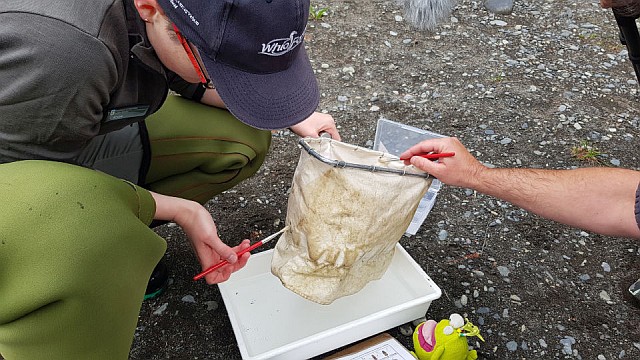
Become part of LEARNZ
Although all teachers can access most of our field trip resources, we strongly encourage you to subscribe to LEARNZ to find out about new field trips and existing field trips which align with current events and new curriculum initiatives.
Sign up to online field trips
Visit the LEARNZ homepage for the latest trips, click a Go to link and then click Sign up and fill out the simple form to sign up to a trip.
For more information go to What to expect when you sign up to a LEARNZ Online Field Trip: planning suggestions for teachers
Sign up to engage in LIVE web conferences with experts!
Signing up to an online field trip allows your ākonga to engage directly with experts in LIVE daily interactive web conferences as you travel online with us.
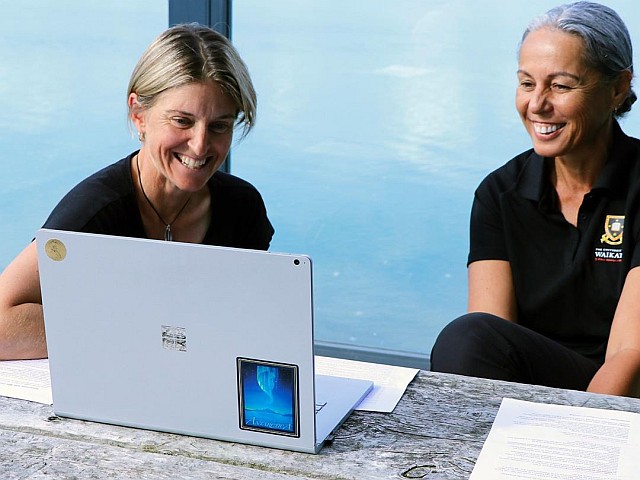
What your class will experience in a LIVE web conference:
- see experts on location
- share ideas
- ask questions
- note links to related sites
- listen, watch, and possibly re-watch the recording later. More.
Participate
There is no one way to use LEARNZ. You and your ākonga can use all the components of a field trip or pick and choose what’s most relevant to your class. The following information is a guide to help you drive learning and support ākonga to engage effectively in online field trips.
1. Spark curiosity, activate prior knowledge and build learning
Each field trip package includes material to prepare for an online field trip. Use these supporting resources to spark curiosity, activate and build background knowledge and learning. Engaging with the supporting resources will provide ākonga with context for travelling online with LEARNZ.
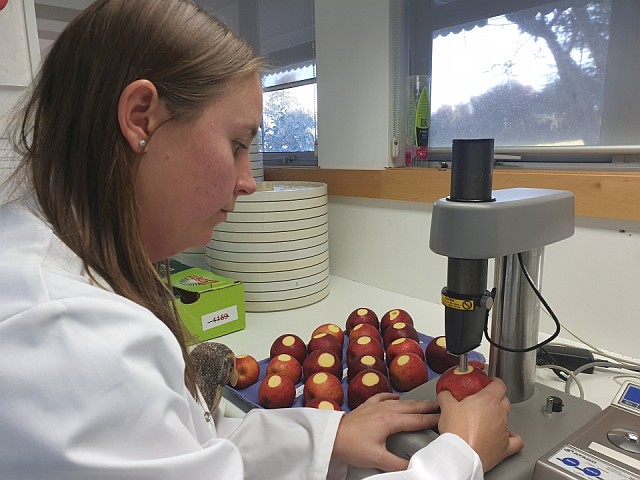
The supporting resources include:
- An introductory video to engage ākonga in the field trip topic; ākonga meet the LEARNZ field trip teacher and find out about the field trip location.
- Background discovery reading to build knowledge and introduce curriculum concepts. These pages provide next steps for further inquiry and an audio file so ākonga can listen to the pages being read.
- Activities and quizzes based on concepts introduced in the background readings.
Explore the supporting resources using questions such as:
- What do they already know or think about this topic?
- What do they want to learn?
- What are they wondering about?
2. Travel online with us
Travel online with a LEARNZ teacher to a real place to meet field trip guides and experts.
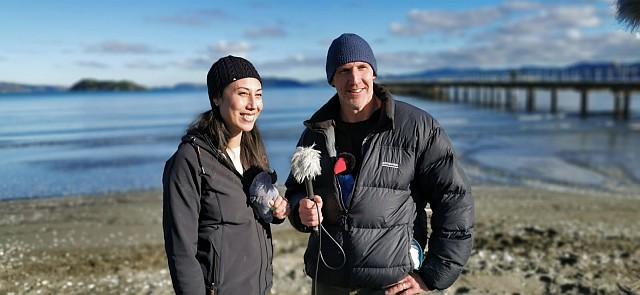
LEARNZ kaiarahi Andrew meets an expert on the Map my Wahi online field trip.
During the online field trip the LEARNZ teacher shares the experience through:
- a Google Earth tour or daily diary with images
- videos with field trip guides
- live web conferences where ākonga can ask their own questions.
Connect ākonga with these resources to deepen their curiosity, support learning and develop their own inquiries. By engaging in an online field trip, you and your ākonga may notice parallels to challenges in your own school and community, develop solutions, and take action.
3. Participate in our live field trip web conferences
All LEARNZ field trip web conferences are streamed live using Zoom and are free to access for teachers registered with LEARNZ. If you have signed up to a particular field trip, you will be sent an email with a link to book into LEARNZ web conferences. Web conferences usually take about 25 minutes.
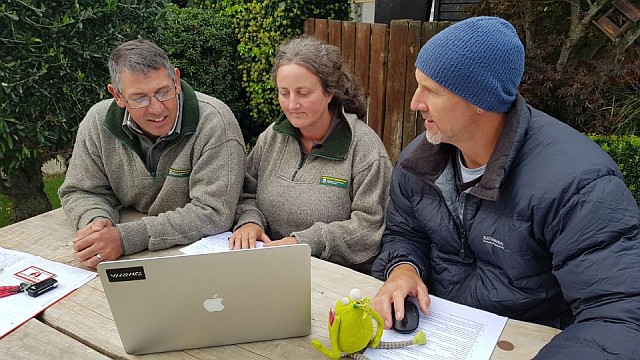
Book in as a speaking school
As a speaking school ākonga can engage with field trip guides and experts by asking questions relevant to the field trip. Ākonga prepare questions in advance and email them to the LEARNZ field trip teacher prior to the three day trip away.
Book in as a listening school
As a listening school ākonga can listen to field trip guides and experts answer questions from speaking schools. They can ask questions relevant to the field trip if there is time during the web conference.
Both speaking schools and listening schools can add further questions in the chat space after the speaking schools have asked their questions.
Keep ākonga on task during the web conference by:
- giving ākonga a web conference summary sheet
- sharing your screen so all ākonga can see the web conference
- drawing a mind-map or recording notes.
After the web conference, take a few minutes to respond to questions, ideas and comments. Check over the key ideas from the web conference. You may want to listen to the web conference again using a link to the recorded file sent to those enrolled.
4. Take action
Encourage ākonga to take action based on their field trip experience.
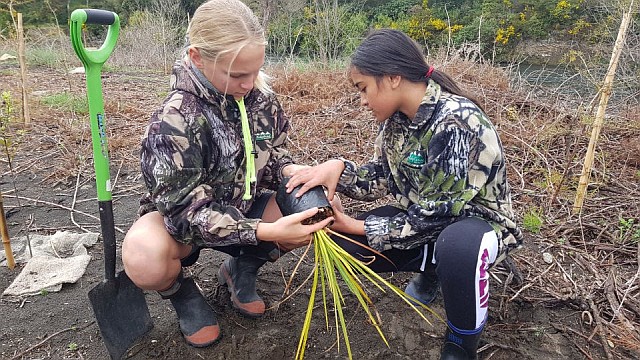
After the field trip students can:
- revisit material
- complete webconference summaries
- lead action in their school, local area, or community based on where the key learning in the field trip takes them.
Consider the following to take action:
- How is the need identified?
- What steps are taken to address that need?
- Who needs to be called in to help?
- What change came about as the result of this action?
- What might have been challenges for this project?
Share
Ākonga can reflect on the impact of their learning, any inquiry, and possible action. This is a chance for them to share and celebrate their results with the LEARNZ team, field trip guides and experts, their community, and the world.
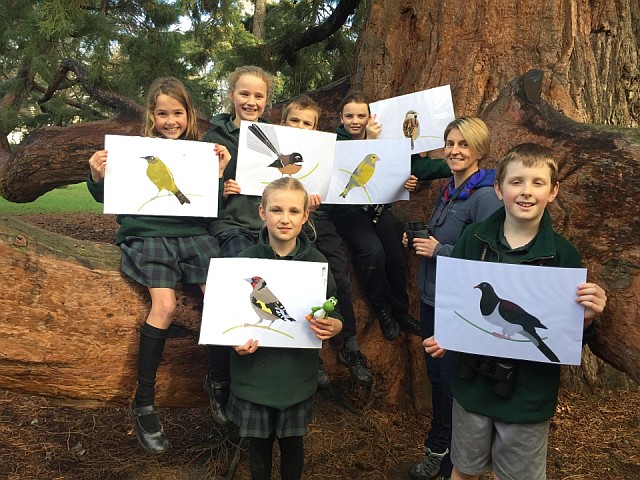
Some examples of sharing include:
- school and whānau assembly or hui
- school newsletter
- local media
- approved social media spaces
- a class or school website or blog.
Share with LEARNZ: #learnztrips
- Instagram: @learnztrips
- Facebook: @learnztrips
- Twitter: @LEARNZ
- Email: support@learnz.org.nz
Please note that it is your responsibility to get permission from parents to share images of ākonga online before those images are shared with LEARNZ.
Use and share LEARNZ material
Creative Commons
![]()
LEARNZ is part of Tātai Aho Rau CORE Education, and supports the sharing of quality educational material.
We use a Creative Commons Attribution-NonCommercial. You can share LEARNZ material but you may not use the material for commercial purposes (you can't sell what you create).
You must give appropriate credit, provide a link to the license, and indicate if changes were made. You may do so in any reasonable manner, but not in any way that suggests the licensor endorses you or your use.



